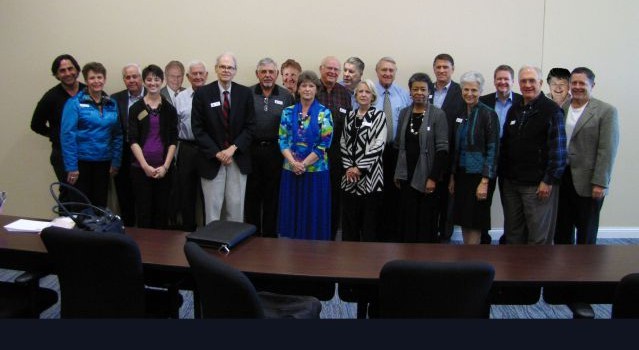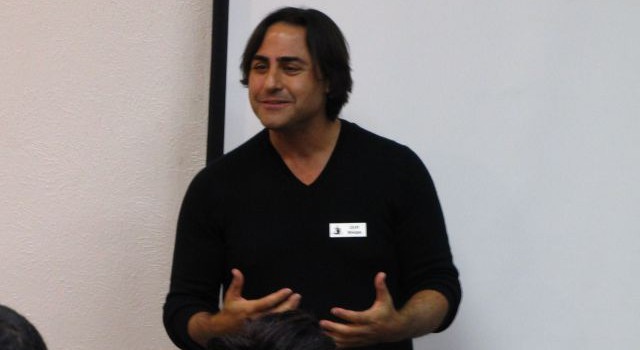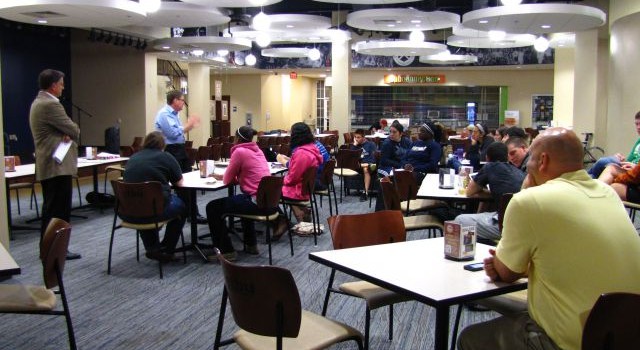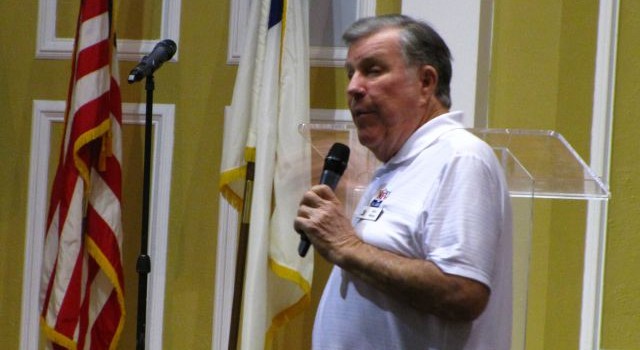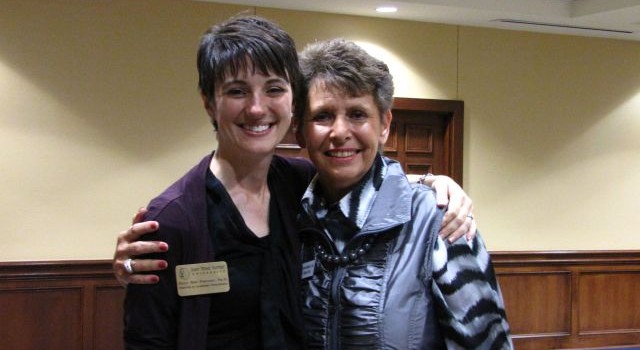Weekly Thought – July 23, 2024
Fred’s memo to Maxey Jarman, chairman of GENESCO, on character demonstrates his thinking and sheds light on his friendship with “M.J.” as he denoted his mentor. His analysis is a window into his principle-based life. In his first book, You and Your Network, he develops the importance of heroes.
Heroes
I am interested in a man’s heroes. It tells me much of what he wants to become. Your example of duty fulfillment is now a part of my life. I now have a miniature version in my life – not as perfect an expression as yours, but a genuine one. As Tozer said, “My flame may be small, but it is real.” I noted when I read Tozer’s words, “a small flame can start a real fire better than a large neon sign.”
Somehow I caught your love of work. You were the first to get me to experience the excitement of accomplishment. Others tried; you succeeded. Why they failed, I don’t know. Somehow I could accept and be challenged by your example. It certainly was not your verbal spoken teaching on your precepts because you rarely said anything about them.
Each of us must pick our own heroes. We need the example of others for our character building. Years ago I picked seven character traits I needed and selected a person to personify each one. I asked each person to send me a framable photograph. I placed these pictures on my office wall and looked to their traits. They were my personified examples – their word had become flesh and I dwelt among them. You, of course, were one of them. Thanks! I put Sallman’s Christ at the top and a mirror at the bottom.
To properly exercise one’s sense of responsibility is to build his own character. Therefore, my responsibility to set an example for those looking to me became a growing incentive toward personal character building. I know those I am responsible, but I don’t know who else is watching. We never do, do we? Really frightening.
This week carefully consider: 1) Who taught me something that stuck when others failed? 2) What was it? 3) Who is watching me right now?
Words of Wisdom: “A small flame can start a real fire better than a large neon sign.”
Wisdom from the Word: “And entrust what you heard me say in the presence of many others as witnesses to faithful people who will be competent to teach others as well.” (2 Timothy 2:2 NET Bible)

